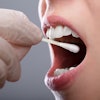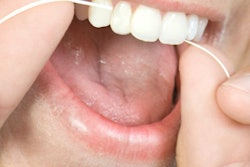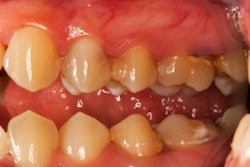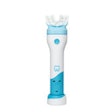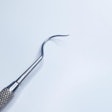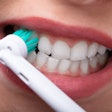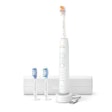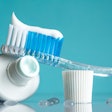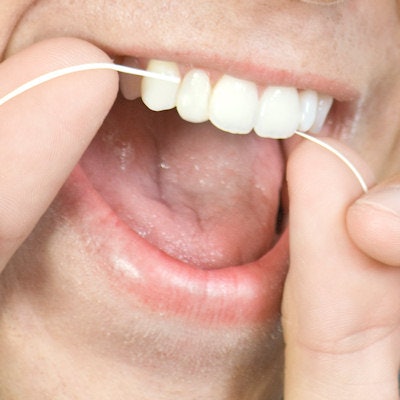
Patients struggle to find the motivation to floss, according to a study presented at the 2018 American Association of Dental Research (AADR) meeting in Fort Lauderdale, FL. The researchers gave some tips on how dental teams can educate patients about the benefits of interdental cleaning.
"Providers should be excited about patient education and make it a main priority during their time with each patient despite the time constraints," presenter Avie "Jackie" Smith, RDH, BSDH, a dental hygiene education student at the University of North Carolina School of Dentistry, told DrBicuspid.com. "Professionals have a great influence due to their training and societal trust that can be utilized positively."
 Avie "Jackie" Smith, RDH, BSDH.
Avie "Jackie" Smith, RDH, BSDH.To test patients' flossing motivation and compliance, Smith and colleagues enrolled 49 participants in their study. The participants used either regular floss or soft picks for 28 days. At the end of the study, 19 of the participants were interviewed about their behaviors and motivators.
Most participants said they lacked the motivation for interdental cleaning, a finding that will likely surprise no dental professionals. Patients most often cited lack of time, no tangible or immediate rewards, and lack of knowledge as barriers to interdental cleaning.
"There is a lack of oral health literacy in the population, which may be the main barrier to patient motivation with interdental cleaning compliance," Smith said.
While both participant groups were generally not motivated to floss, the group that used soft picks had higher compliance and motivation than the group that used traditional floss. Soft picks were also significantly easier to use, more efficient, more convenient, and easier to hold, according to the study findings.
"Despite the research showing that other interdental aids are just as effective, if not more effective, in removing plaque [than floss], patients may not perceive it that way," Smith said.
Smith recommended that dental professionals research all interdental cleaning options and adapt the information presented to each patient. It may also be beneficial to get additional training in motivational interviewing and other behavior change methods, she said.
"In this time period of instant gratification and fast-paced schedules, traditional string floss may not be considered the best option for every single patient," Smith said. "Providing information to patients about the causes and effects of poor oral health will aid in their understanding of the particular prevention method that is recommended, as well as why prevention is easier and cheaper than treatment."
